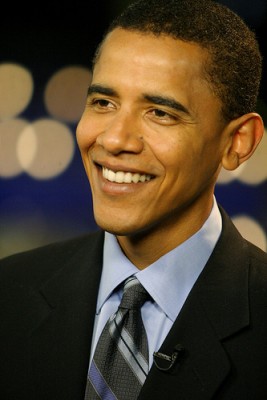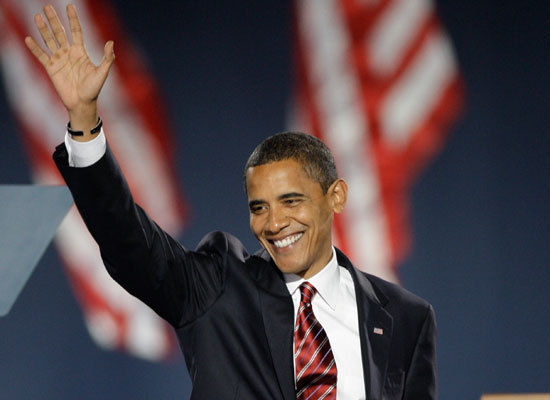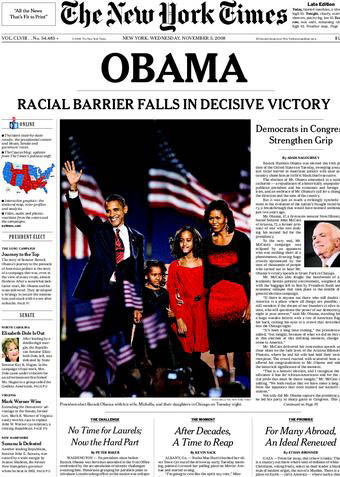By NativeNewYorker
That’s the question people will be asking each other for the next few weeks and the question our children and grandchildren will ask us a decade from now. For those who aren’t making the trek to DC, HarlemOneStop has a great listing of local events including live screenings of the inauguration at the Schomburg Center for Research in Black Culture (515 Malcolm X Boulevard at 135th Street, 11 am, FREE) and City College (Shephard Hall, 160 Convent Avenue, noon, FREE); parties at local restaurants including Hudson River Café (Lunch / Dinner /Live Music, 697 W133th Street); Mobay (all day/all night, 17 West 125th Street); and Gran Piatto D’Oro (11 am, 1429 Fifth Avenue); as well as information on the largest inauguration day event in Harlem: Inauguration of a DREAM, presented by the Democracy Prep Charter School at the Harlem Armory (10 am-1:30, 40 W. 143rd St. between Lenox Ave. and Harlem River Dr; FREE; RSVP to Inauguration@DemocracyPrep.org.
For me, this is a day filled with joy, with pride and with hope. I’ll be watching the swearing in of our 44th president with my aunt, a lively octogenarian who has lived in Harlem for the last fifty years, who remembers the “No Coloreds” signs in stores on 125th Street and who wept tears of joy the night Barack Obama was elected; and my daughter, a bright young woman who will be graduating from one of America’s best universities this spring, who never experienced segregation but who knows well its living legacy; who has experienced special scrutiny from security guards, indifference from shop clerks; hostility from police officers and marginalization by majority students because of the color of her skin; who wants to believe in change but has already been taught to doubt her ability to make change
I’ll be watching the swearing in of our 44th president with my aunt, a lively octogenarian who has lived in Harlem for the last fifty years, who remembers the “No Coloreds” signs in stores on 125th Street and who wept tears of joy the night Barack Obama was elected; and my daughter, a bright young woman who will be graduating from one of America’s best universities this spring, who never experienced segregation but who knows well its living legacy; who has experienced special scrutiny from security guards, indifference from shop clerks; hostility from police officers and marginalization by majority students because of the color of her skin; who wants to believe in change but has already been taught to doubt her ability to make change

happen. I will be with them when I watch Barrack Obama take the oath of office as Michelle Obama and their two young daughters, so like my own two girls at that age, stand beside him. It is hard to overstate what this inauguration will mean to us all and yet we all expect so much more of this man. The night he was elected President, he said to the jubilant crowd in Chicago: “This is your victory.” If we fail to help him achieve the change he has promised, it will be our failure. Each of us must do our part to help him overcome the tremendous obstacles we are facing. If we can’t find a way to come together to solve the enormous problems that face us – health care, education, the economy, wars in Iraq and Afghanistan; then the failure will not be his, it will be ours. As we revel in the excitement and triumph of this day, let’s also reflect on what each of us is prepared to do to make sure that doesn’t happen.
I agree that this a very powerful blog essay for an incredibly historic day in the history of the United States.
Just to provide some additional context for the history mentioned in the essay, the work of Adam Clayton Powell, Jr. to fight racial discrimination in employment in New York City on the Coordinating Committee for Employment was in 1937 through 1941, which was 68 to 71 years ago. The full history can be found here:
http://books.google.com/books?id=u524jgOr-nAC&pg=PA254&lpg=PA254&dq=Coordinating+Committee+for+Employment+NYC&source=bl&ots=5TfjqDli8p&sig=sli8RsH6l1lBS9wagwnQu5j_SOU&hl=en&sa=X&oi=book_result&resnum=3&ct=result
Brilliant article! Beautifully written. I have chills.
Thanks for your comment. The “No Coloreds” appeared on “Help Wanted” signs because African Americans were not employed as sales clerks in many of the large retail stores on 125th Street. Integrating the workforce of these stores was one of the things that Adam Clayton Powell, Harlem’s first Black Congressman, accomplished for this community.
I would be interested to see documentation for your statement that there were “No Colored” signs at retail stores on 125th Street as recently as 1959. That seems surprising, and I would love to learn more.